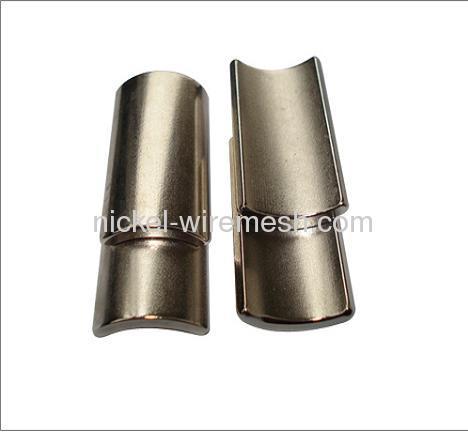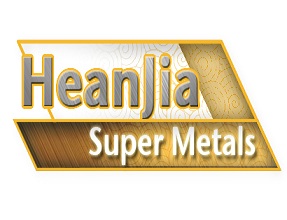You are here: home > Learning Gallery > Nickel Coating Improves Tool Life
Product (738)
- Pure Nickel Products (38)
- Incoloy Products (74)
- Inconel Products (72)
-
FeCrAl Product
(99)

-
Nichrome Products
(68)

- Monel Products (36)
- Hastelloy Products (49)
- Nickel Iron Alloy Product (59)
-
Nickel Copper alloys
(47)

- Nonferrous Metal Product (27)
-
Resistance Wire
(90)

- Stainless Steel Product (42)
- Mesh Demister (20)
- Others (17)
Product Forms (14)
Quality Certificate (11)
Learning Gallery (30)
Incoloy News (9)
Inconel News (22)
Molybdenum News (7)
Nikrothal News (4)
Nichrome News (13)
Titanium News (2)
Nickel News (8)
Alloys House (30)
Tools (27)
Nickel alloy News (30)
Latest Buzz (30)
nickel chrome copper iron alloys news (28)
Credit Report
Products Index
Company Info
Heanjia Super-metals Co., Ltd. [China (Mainland)]
Business Type:Manufacturer, Trading Company
City: Beijing
Province/State: Beijing
Country/Region: China (Mainland)
Learning Gallery
Nickel Coating Improves Tool Life

Nickel Coating Improves Tool Life
Better abrasion resistance key to making rock-cutting tools last longer
A new nickel-based coating for diamonds is improving the performance and lengthening the life of stone-cutting tools. The unique design requirements of diamond tools used to cut stone and concrete make them vulnerable to wear and tear. The tools require soft metal bonds for free cutting, but these same bonds – containing a high percentage of copper or copper alloys – are susceptible to erosion and poor diamond adhesion. Many of the diamonds are lost before the tool has reached the end of its useful life.
The MBS™ SB diamond developed by Ohio-based GE Super-abrasives overcomes this flaw with an innovative double coating design consisting of a nickel alloy and an intermediate layer. The alloy coating improves adhesion between the diamond and the soft metal matrix, while the intermediate layer acts as glue between the coating and the diamond.
"Historically, soft-bond diamond tools have relied on uncoated MBS diamond as the abrasive," says Shridar Kompella, an engineer for GE Superabrasives. "Uncoated diamond, however, does not interact with the copper-alloy in the matrix upon processing and is prone to popping out prematurely. The SB coating enhances retention of the MBS SB diamond in the bond and helps to ensure the optimal use of a diamond."
GE considers the composition of the nickel alloy and intermediate layer proprietary.
Coating diamonds for improved performance is a relatively recent technical advance designed to address industry demand for better diamond retention and longer tool life. Before coatings were developed, the popping out of diamonds was a regular occurrence caused by poor chemical bonding between the diamond and the metal matrix, chemical attack during the sintering, and/or fractures resulting from inherent weaknesses in the diamond.
The most common metal coatings for diamonds are chromium and titanium. These metals resist chemical attack and protect the diamond's strength and surface. They also have a high level of metallurgical compatibility with the common bond matrix elements, such as cobalt, used in many diamond tools.
The nickel alloy coating is different because it works specifically with soft metal bonds used to enhance free-cutting capabilities (trimming marble, granite or ceramic tiles, for instance). For this application, nickel provides a strong metallurgical compatibility with the copper matrix and abrasion resistance in the vicinity of the diamond. GE Super-abrasives claims the marked increase in diamond retention results in significantly longer tool life, lower power consumption and superior cutting ability.
Next Page:
Nickel Mesh-NiMH Fuel Cell Tops in...



